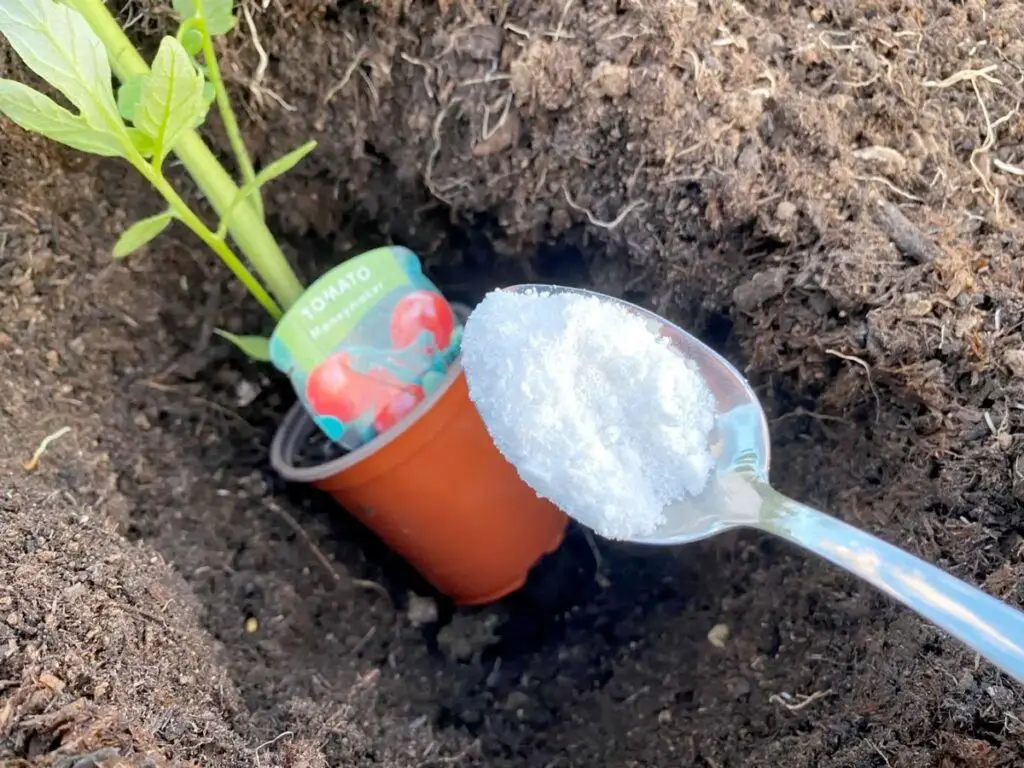
Even if you’ve never owned a fire pit before, you may have noticed some interesting things about your new purchase.
One of the most common questions people ask is “why does my fire pit whistle?” The answer to this question can be more complicated than it seems.
Read on below to find out some of the possible reasons why your fire pit might be whistling!
Why Does My Fire Pit Whistle?
If your gas fire pit makes a whistling sound, the cause is likely due to your flex lines has too much pressure or you are not using the correct hose.
If you have moved or adjusted your unit at all since installing it, this might be the cause of the noise as well.
The most common mistake people make with their gas fire pits is using air conditioning tubing for their flexible gas lines instead of propane-specific tubing.
Air conditioner tubing can swell and crinkle when exposed to larger volumes of the product than what they are designed for.
This will result in odd sounds that may resemble squeaking or whistling noises coming from your Flexline & Fire Pit Connection system.
Always use high-quality propane clamps on metal connections such as those used on our Gas Distributors ™ , or use crimp-style metal clamps which are designed to hold the tubing securely onto copper or brass fittings.
This will help prevent any air leaks, and you can avoid hearing whistling sounds from your installation!
Read More: Do You Need A Gas Regulator On A Fire Pit?
How Do You Stop A Fire Pit From Whistling?
When you are using a fire pit, it is important to make sure that the right safety measures are taken.
A whistling sound can be very annoying and we have compiled a list of tips on how you can stop your fire pit from making this noise.
Use A Whistle-Free Flex Line
When you are looking for a flexible line to stop whistling, consider the Whistle-Free Flex Line.
It is made of rubber and sturdy nylon that allows it to be versatile enough to withstand extreme pressure.
This will also allow it to last for many years before needing replacement making this an excellent investment in reducing noise pollution from your fire pit.
Flex line comes in many different sizes and shapes, giving you plenty of options for your particular fire pit design.
Just make sure that it’s installed properly so that one end attaches securely to the gas supply valve or regulator connection on either side of the fireplace.
It must also connect firmly into any gas appliance with an opening designed specifically for the flex tubing size needed by each individual unit.
The other end should attach securely to your propane tank using flexible connectors made especially for this type of installation If you suspect there may be problems because you hear whistling sounds coming from your venting system during operation, turn off all appliances attached through flex lines to the tank.
Use a hand-held electronic gas detector to check for propane leaks in your vent piping system, including at all connections and elbows.
Get a Flex Line with A Wider Diameter
If you have an old-style fire pit, this might not apply to your needs. However, most modern ones are made with flexible gas lines that allow more leeway when it comes to the diameter and length of the line itself.
This means that if yours is particularly loud or whistling at higher speeds, get another one with a wider fit for better airflow inside so there’s less pressure against the sides which allows for smoother flow.
That way you can stop worrying about whether or not it will whistle!
Check Your Regulator
If you have a dial on the regulator of your propane tank, turn it one way or another so as to decrease or increase pressure inside of the system.
Whistling could be due to high pressures within its delivery mechanism which can lead to an unsafe scenario for everyone who’s nearby including yourself!
If physical adjustments are not successful at stopping whistling then contact local service providers immediately about repairing problematic parts around this specific issue with gas supply lines.
Remove Kinks In Your Flex Line
Ensure that the flex line is free of any kinks. Ensure there are no bends in the piping between where it exits your house and enters your fire pit or grill.
Kinked lines will cause a fire pit’s gas supply to be cut off, which can result in whistling or other loud noises that are hard on the ears.
Call in a Professional
If all else fails you should call in a professional to take care of the problem.
Not only will this result in an immediate fix but it can also help protect your property which is always good.
At least if the fire pit whistles again they know exactly what happened and how to fix it so that you don’t have to worry about spending more money on repairs down the line or having someone coming back out for no reason because there isn’t really anything wrong with your fire pit at all!
How Do You Stop A Gas Line From Whistling?
If you have a gas line that is whistling, it means the pressure inside your system isn’t right. This can be caused by too much liquid in the system or vice versa.
The liquid level needs to change and if this doesn’t happen the whistle will continue until someone fixes it.
It could also mean there’s something wrong with your regulator or expansion tank which are easy enough for an experienced plumber to fix quickly.
Replace Flex Line
The first thing that you need to do is figure out which section of piping is making the whistling noise.
The easiest way to do this would be by using a stethoscope and carefully listening for any signs of high-pitched sounds.
Once you’ve identified where exactly in your gas pipe system the noise is coming from, it will be easier to find what needs repaired or replaced next.
Check Connections
If a gas line is not connected tightly or if it has become disconnected, this could lead to whistling. This can happen over time with wear and tear so make sure that you check your lines regularly to ensure they are safe all of the time!
Check for loose screws around joints as well as leaks where pipes meet fittings together. If there is anything wrong with these connections then tightening them will put an end to pesky noises quickly and easily!
What Makes A Gas Line Whistle Free?
A gas line whistle is created when there is too much pressure in the pipe. This can be caused by many things.
A common problem would be a broken or loose-fitting connection between two sections of corroded piping, which may cause backpressure and whistling noises. And too much pressure build-up causing vibration in the flex hose causing whistling.
Browse For Whistle-Free Flex Line Online
Why Is My Gas Fire Pit Hissing?
This is a problem that can cause all sorts of havoc with your gas fire pit. The issue starts when the entire flow path (tube and burner) isn’t completely closed off, allowing some propane to escape through one or more areas where it shouldn’t be escaping from.
This causes pressure buildup, which has nowhere to go but trying to find its own leak paths. It finds those leaks by burning along them until reaching an area where it can bleed out into open air – hence hissing at you as loudly as possible!
So how do you know if this is happening? Well, first let me ask: have you ever smelled rotten eggs just before turning on your gas fire pit for the very first time?
If so, you are likely experiencing this exact problem. Most often, the smell goes away after only a few minutes of having the fire pit running if it’s not hissing because propane is actually burning off in small amounts when your gas logs are on.
This means your burner tubes and piping system need attention!
Conclusion
Whistling Fire Pits Whistling may seem harmless enough but it usually indicates some problem with the system such as a blockage or high pressure inside the fire pit lines itself.
In this case, consult an experienced professional for repairs or try our DIY methods yourself.





Leave a Reply